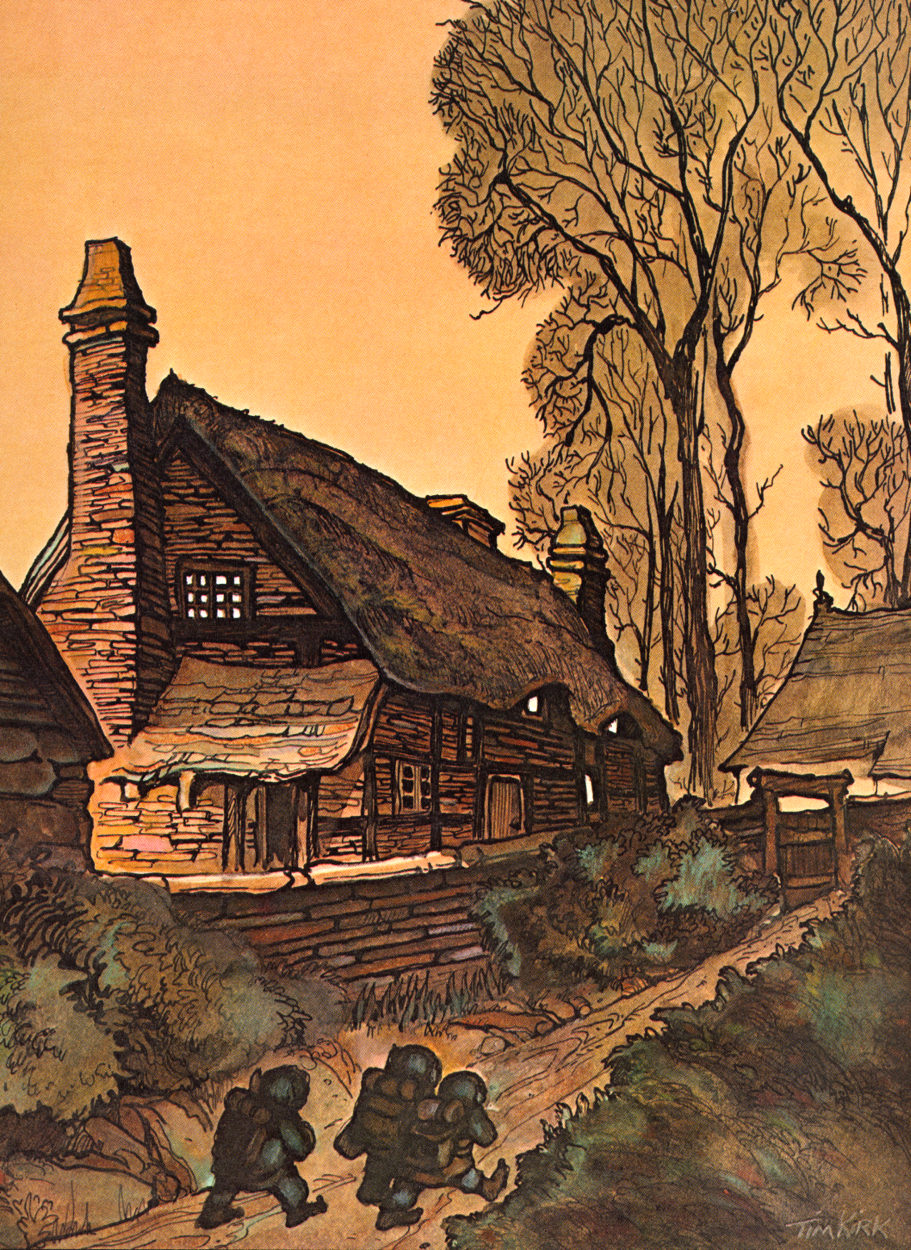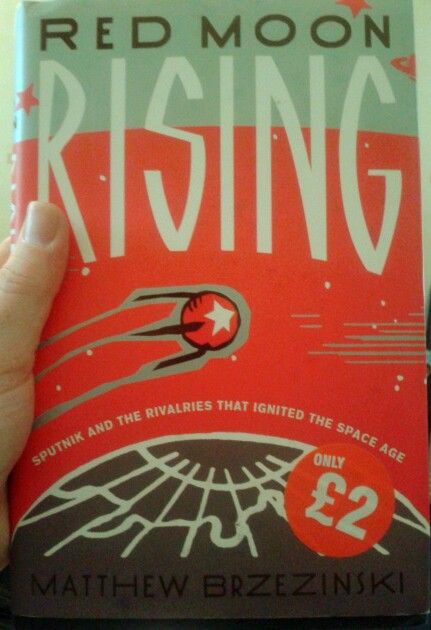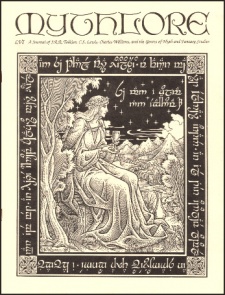Extollager
Well-Known Member
- Joined
- Aug 21, 2010
- Messages
- 9,231
This was a picture (main one) in the Bilbo's Last Song book that didn't get things right, I thought:






You should try Carver's poetry. It's also good. His proprensity towards what is termed 'embedded narrative' is one of his greatest strengths....and while I'm waiting for the Newby to show up, I picked up Raymond Carver's "Cathedral" from my local bookstore. Fantastic; I love how his protagonists manage to communicate so much without actually saying much at all. Lots of prolonged awkward silences and strained spousal relationships.
I'll do that, Gollum. I don't read much poetry, but I'd probably like Carver's.GOLLUM said:You should try Carver's poetry. It's also good.
Many thanks for the recommendation! This is why i love this site: lots of recommendations to read authors I would otherwise never have heard of. I'm even more tempted to read Walser when I read on the web that he didn't belong to any kind of literary school, loved long lonely walks and ended up mad. These are the signs of flawed genius at work! He sounds a bit like an early 20th century literary version of Nick Drake.GOLLUM said:...you should check out one of its greatest exponents and certainly enigmatic masters in the Swiss writer Robert Walser
Actually Walser did initally suffer a breakdown but after a period of time deliberately committed himself to a life spent at the Asylum partly at least to remove himself from mainstream society spending the last 25 years of his life there. This was idosynchratic of Walser's minimalist approach....working dilligently to become a nobody...an 'utterly spherical zero' as a character notes in Jakob Von Gunten. As you may guess, Walser also possesed an acutely whimiscal humour.Many thanks for the recommendation! This is why i love this site: lots of recommendations to read authors I would otherwise never have heard of. I'm even more tempted to read Walser when I read on the web that he didn't belong to any kind of literary school, loved long lonely walks and ended up mad. These are the signs of flawed genius at work! He sounds a bit like an early 20th century literary version of Nick Drake.


Just found I Hope I Shall Arrive Soon, a posthumous collection of Philip K Dick short stories published around the traps. Looks very cool.


